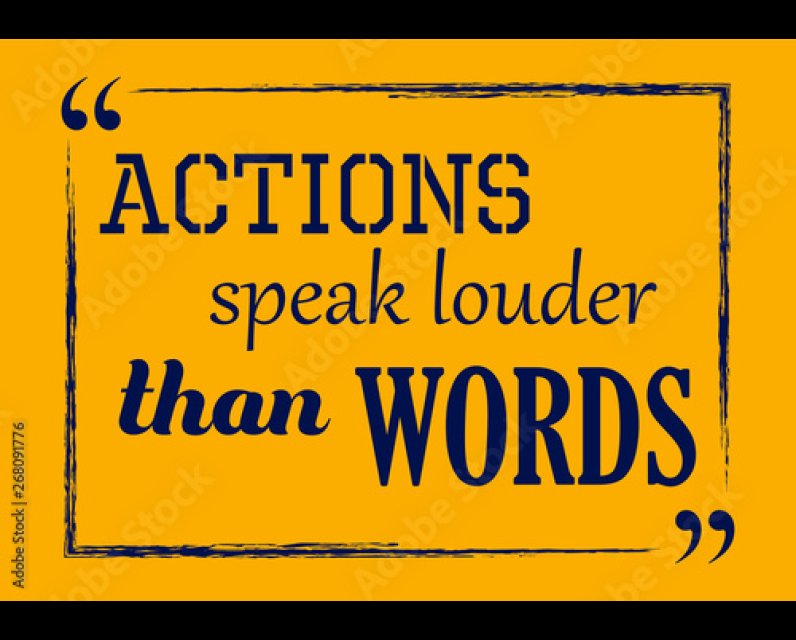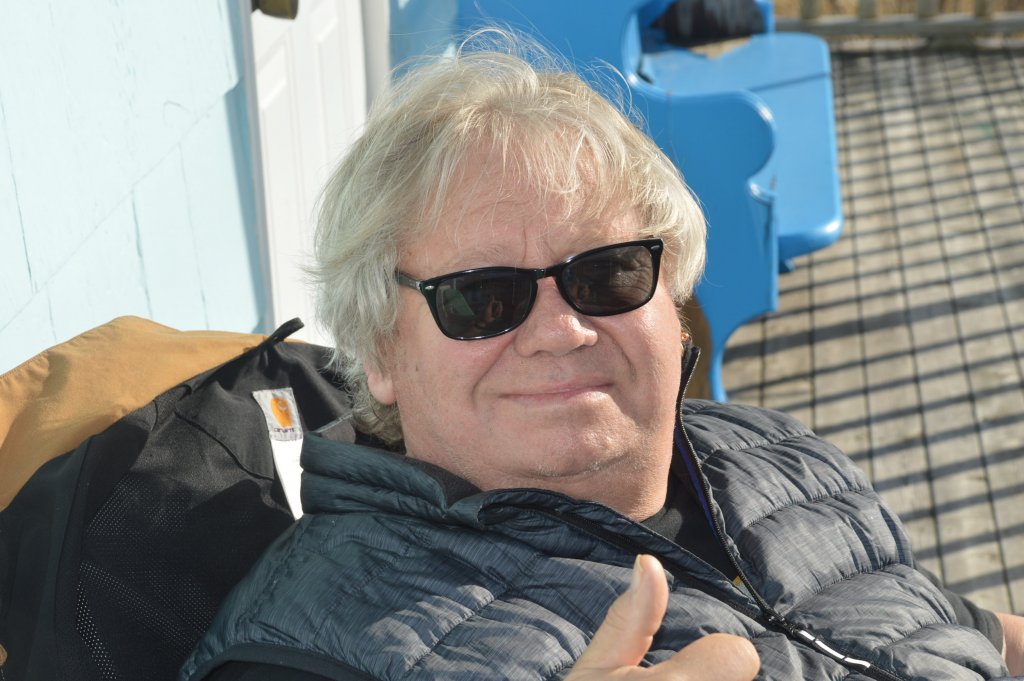Warning message
- Last import of users from Drupal Production environment ran more than 7 days ago. Import users by accessing /admin/config/live-importer/drupal-run
- Last import of nodes from Drupal Production environment ran more than 7 days ago. Import nodes by accessing /admin/config/live-importer/drupal-run
Unpublished Opinions
Paul Strome’s Bio
Paul has two adult daughters and he has lived with First Nations, Inuit and Metis for a significant part of his life. After graduation from the University of Waterloo in Anthropology, he worked in the Northwest Territories/Nunavut as an educator, so he experienced the culture, language, and geographic parameters with indigenous people for 12 years. He has seen first hand how indigenous people of Canada are treated. This impassioned him to petition the government at every opportunity to bring about the United Nations Declaration of the Rights of Indigenous People.
After he moved to southern Ontario as an educator, he ran the extra-curricular Outdoor Education Club in addition to his classes, in one of the largest high schools in Canada training and taking students on canoeing, hiking, climbing, snow-shoeing and dog-sledding expeditions. He has canoed/kayaked many of Canada’s Heritage Rivers and has lived in or travelled to every province and territory in Canada which has broadened his concerns about environment and social concerns. These experiences have intensified his deep-seated love and admiration for Canada.
As an elder and David Suzuki Ambassador he has championed the Blue Dot Movement in Unama’ki and in recent years was the Atlantic Regional Representative for the Council of Canadians. He collaborates and networks for the common good with other like-minded organizations. He is well-known as an environmentalist/social activist throughout Unama’ki (Cape Breton Island) and beyond. He has met personally with many municipal, provincial and federal politicians to encourage them to adopt sustainable environmental and social changes to address climate change. He has also done the same at schools, community colleges, libraries, community halls and Cape Breton University.
Paul Strome: Actions Speak Louder Than Words

We have just lived through the hottest year ever recorded in human history with devastating consequences. The sad part about this is that the consequences will continue to get worse until humanity recognizes that the evidence of a climate emergency is all around us and takes action to reduce it. Canada’s arctic has been warming three times faster than any other geographic area on the planet and that in turn is releasing huge amounts of methane that has been stored since time immemorial in the permafrost, under the lakes all across the north and in the bottom of the arctic ocean. Given that methane traps more heat in the atmosphere per molecule than carbon dioxide (CO2), making it 80 times more harmful than CO2 for 20 years after it is released, it is imperative that we address this issue a great deal more seriously than we currently are.
The climate emergency needs to be declared and dealt with by every municipality, province, state, and nation with the same determined vigour that was mustered to bring about the Montreal protocol that was signed by 197 countries in 1987. It was the first treaty in the history of the United Nations to achieve universal ratification and is considered to be the most successful environmental global action to date. It was a global agreement to protect the stratospheric ozone layer by phasing out the production and consumption of ozone-depleting substances (ODS). ODS are substances like chlorofluorocarbons (CFCs) and halons that were commonly used in products such as refrigerators, air conditioners, fire extinguishers, and aerosols.
The Montreal Protocol took a huge amount of political effort at the time but it was relatively minor compared to the challenge of addressing climate change in any meaningful way. In order for climate change mitigation and adaptation it is going to take a “full court press” by every level of government to focus on. Wealthy countries like Canada are not addressing climate change in a strategic, determined way commensurate with the degree of challenge and difficulty that climate change demands.
Quoting from a January 19, 2024 article in the Guardian, Canada does NOT have a credible reputation for addressing the climate emergency. “It’s very easy to label some emerging economies, especially the Gulf states, as climate villains, but this is very unfair by countries with historic responsibilities – who keep trying to scapegoat and deviate the attention away from themselves. Just look at U.S. fossil fuel plans and the UK’s new drilling licenses for the North Sea, and Canada which has never met any of its emission reduction goals, not once,” said Pedroso, a Cuban diplomat. He is not the only person with this opinion.
“Actions speak louder than words” and Canada is still speaking in a whisper about climate mitigation and adaptation.



Comments
Be the first to comment